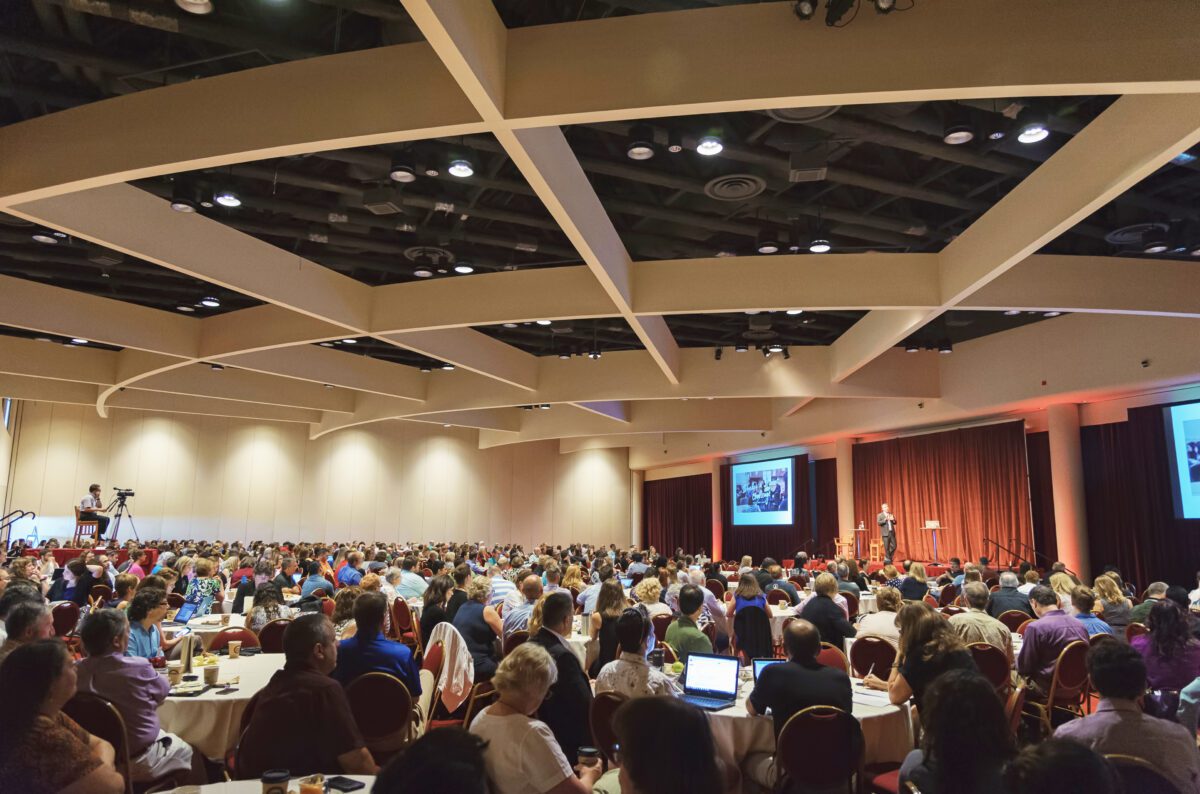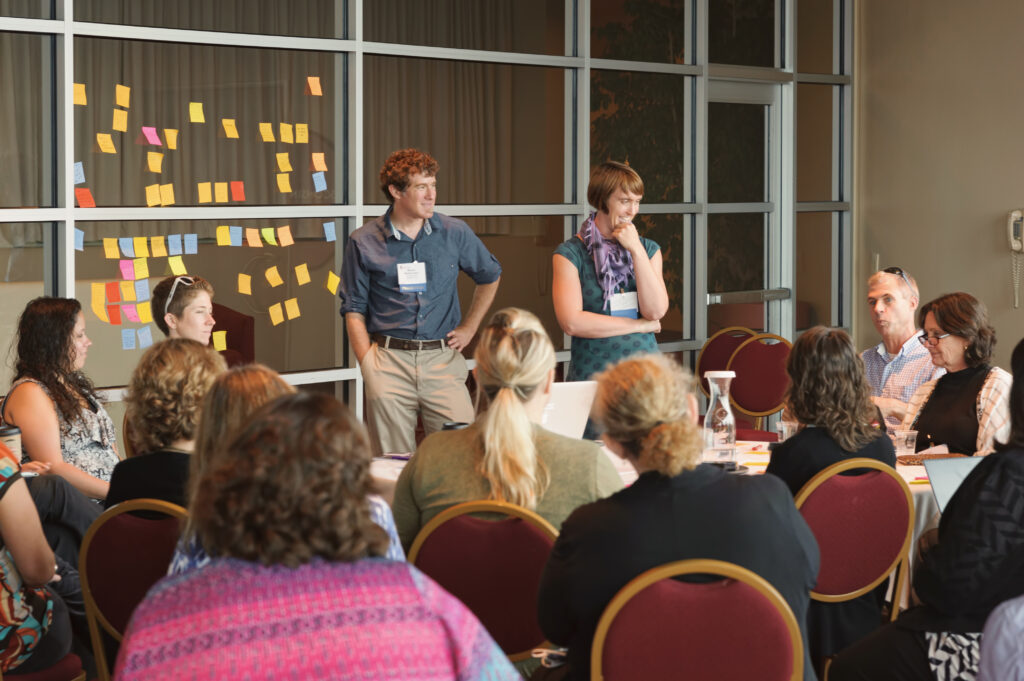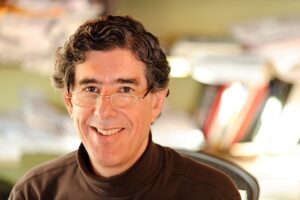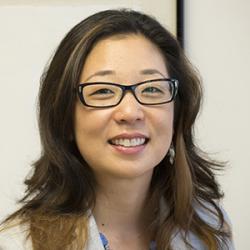
The University of Wisconsin-Madison pioneered distance education in 1891 when it offered the world’s first correspondence course. More than a century later, it remains on the forefront of educational innovation with the Distance Teaching & Learning Conference. Since 1985, the conference has helped educators adapt to a new world in which students increasingly learn via technology and online rather than in a traditional classroom setting. Given the accelerating pace of digital disruption, the 33rd annual event is more essential than ever to higher education faculty and staff, instructional designers, and workforce trainers looking for the latest strategies to engage learners.
Leading figures in distance education will share their expertise with more than 800 attendees from around the world on July 25-27 at Monona Terrace Community and Convention Center. They include distinguished faculty from UW-Madison along with innovators from across the spectrum in higher education and business. The sessions will delve into such topics as emerging technologies, gamification, personalized learning, and open educational resources.

“With the Distance Teaching & Learning Conference, UW-Madison reaches out to educators in Wisconsin and beyond with practical ideas they can take back to their schools or businesses,” says Jeffrey S. Russell, dean of UW-Madison continuing studies and vice provost for lifelong learning. “With a new understanding of cutting-edge pedagogy and technological tools, attendees can design the learning experiences for their students and thereby prepare them for today’s rapidly changing workforce.”
Designing the future of learning

Like distance education itself, the conference presents a variety of ways to learn, from facilitated discussions to speed sessions to electronic posters. Among the keynote speakers is Richard Davidson, William James and Vilas professor of psychology and psychiatry and founder of the Center for Healthy Minds at UW–Madison. Davidson studies the way contemplative traditions can change our brains to increase health and happiness, and in “Cultivating the Skill of Well-Being” he will explore the implications of his research for teaching and learning.
“Years of neuroscience show the brain’s capacity to change in response to our experiences—and even training,” he says. “We’re finding that memory, learning, and our overall emotional well-being are more connected than we thought, so the question becomes, ‘How can we use intentional training to promote optimal learning?’”
Nick Floro, president of Sealworks Interactive Studios, will delve into the newest tools and technologies in his keynote speech “Designing the Future of Learning—Today.” Michelle Weise, director of the Sandbox Collaborative at Southern New Hampshire University, will explain how online education is revolutionizing the workforce and higher education in “Disruptive Design for the Future of Online Learning.”

Increasing access to education
Thirty-three years ago, the first Distance Teaching & Learning Conference was organized by UW-Madison Prof. Charles Wedemeyer, considered the father of modern distance education. The conference was ahead of its time and drew only modest attendance. Today, it’s one of the world’s most important distance education events and one of Wisconsin’s largest education conferences.
“Charles Wedemeyer saw technology as a tool for increasing access to education,” says Russell. “The Distance Teaching & Learning Conference continues to explore the profound possibilities of that vision for the 21st century and beyond.”
For more information about the Distance Teaching & Learning Conference, contact Les Howles, les.howles@wisc.edu, 608-265-9753; or Kimary Peterson, kimary.peterson@wisc.edu; 608-265-4159.